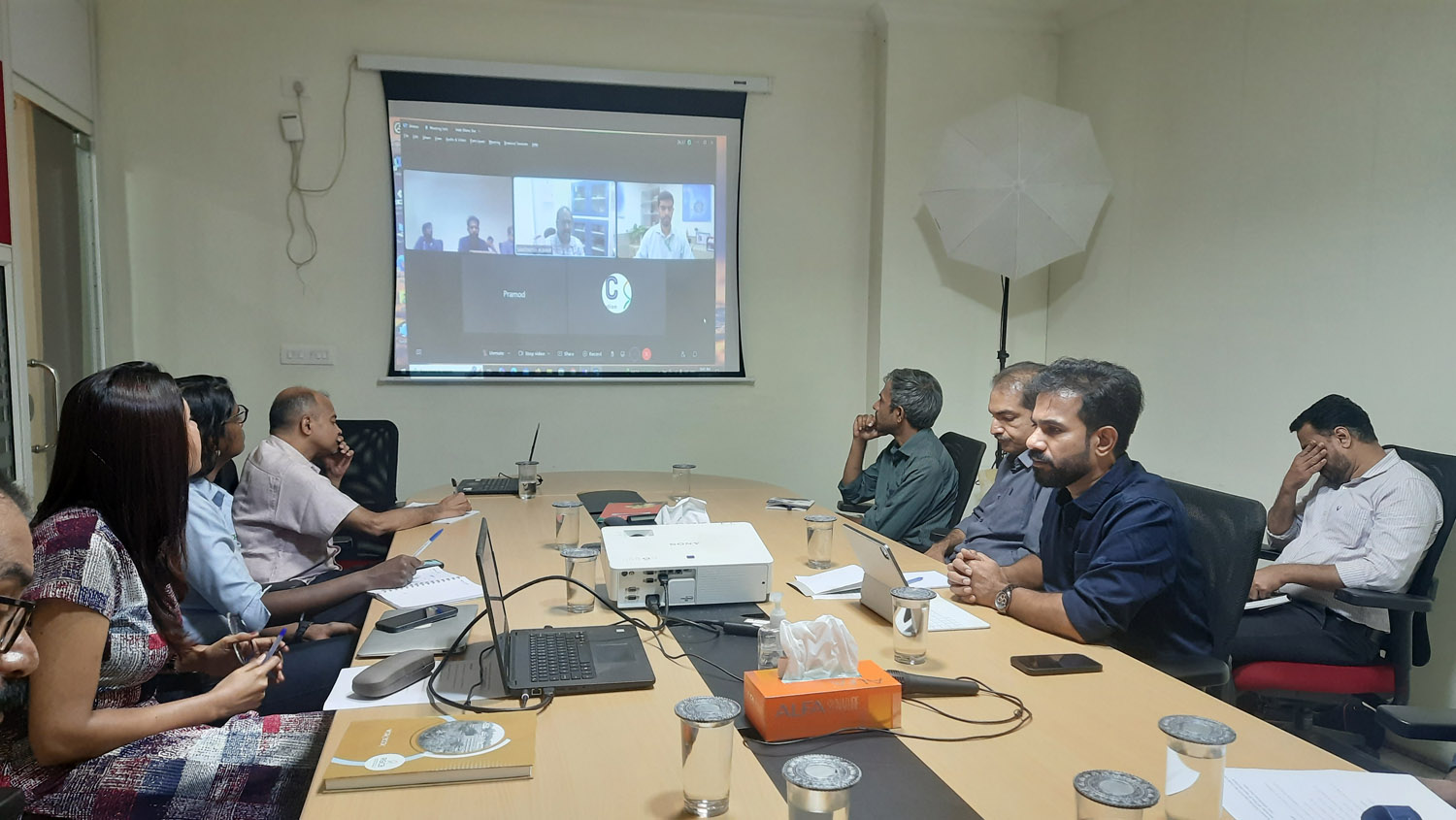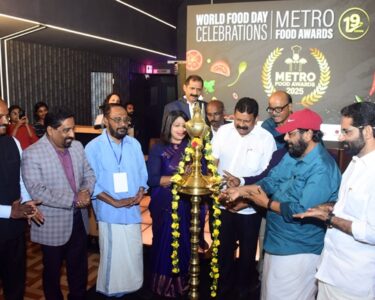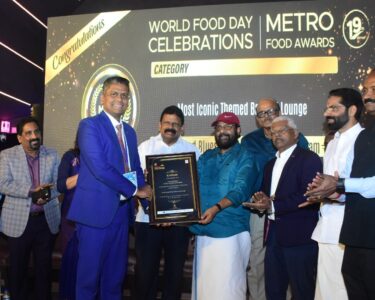As the new BioE3 Policy seeks to place India at the forefront of the next industrial revolution, the scientific community today foresaw the prospect of massive investments for innovation that can help the bioeconomic sector achieve a growth of Rs 25 lakh-crore by 2030.
The Rajiv Gandhi Centre for Biotechnology (RGCB) began groundwork on initiating Kerala’s shift from chemical-based industries into bio-manufacturing hubs that power the country’s economy while tackling the challenges of food, energy and climate.
Dr Chandrabhas Narayana, Director of the Thiruvananthapuram-based RGCB, hailed the proposed shift from chemical-based industries to bio-manufacturing hubs. The institution will organise a string of programmes across Kerala to create awareness about BioE3 among various stakeholders, he revealed.
At a panel discussion today with participation from top officials of Department of Science and Technology (DST), the Thiruvananthapuram-based RGCB expressed pleasuring in leading Kerala towards the implementation of the path-breaking BioE3 policy. Approved last weekend, the policy, which stands for biotechnology for economy, employment and environment, aims to use the power of bio-manufacturing for a cleaner and greener India.
Marking the start of a state-wide drive featuring workshops and discussions around BioE3, experts at today’s huddle noted that the policy will prove to be a major stride in the country’s efforts to achieve carbon-neutrality. Participants at a 90-minute hybrid interaction at KRIBS BioNest Campus here noted that the new policy will enable industries to meet the country’s growing demands for food and fuel while augmenting employment opportunities.
Dr Praveen Roy of DST’s TTI (Technology, Translation and Innovation) Division highlighted the significance of the ambitious paradigm shift from chemical-based production to bio-based production. “This will accelerate the country’s journey towards carbon neutrality. As the new policy will introduce bio-economy and bio-manufacturing, bio-AI hubs also will be established in areas such as gene therapy, food-processing and big data analysis,” he said.
Explaining the details related to BioE3, RGCB senior scientist Dr Santhosh Kumar T.R. noted that the policy gives a lot of growth potential for startups, along with small and medium enterprises. “The collaboration between the research sector and the industrial enterprises is going to bring about a revolutionary change,” he added, emphasising the futuristic role of public-private partnerships in helping enterprises overcome certain practical difficulties in the implementation of the policy.
The session, moderated by KRIBS Bionest CEO Dr K Ampady, was also addressed by scientists Dr Pramod S (DST) and Dr Shardul Rao (DST).
The experts also answered queries raised by startups on issues such as funding for bio-startups, collaboration with research institutes, various kinds of permissions and ways to take forward innovations to commercially-viable products.




